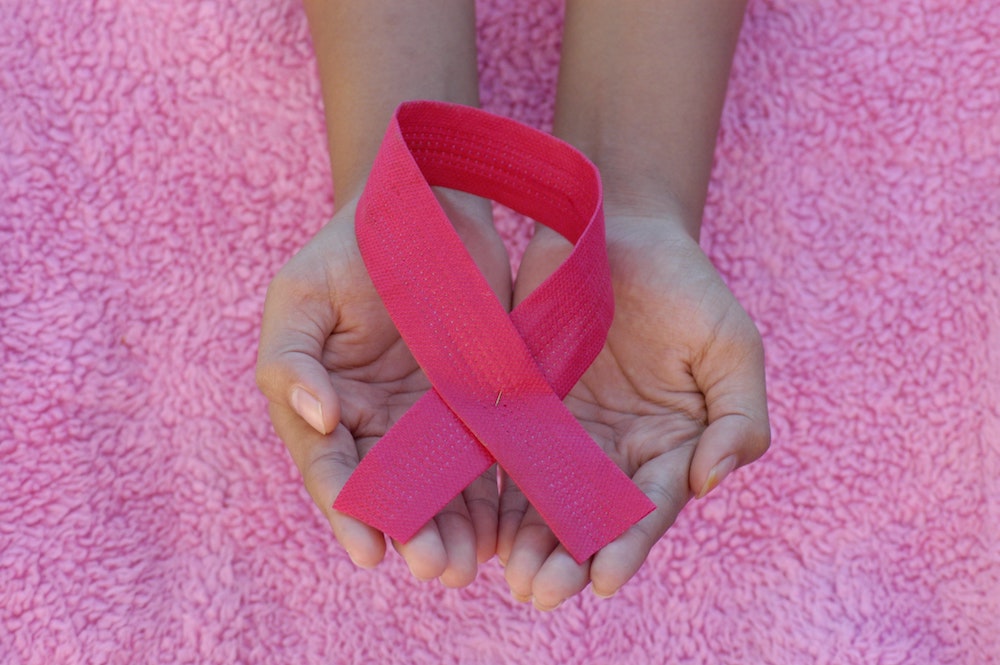
2021 marks 25 years since Breast Cancer Alliance (BCA) was formed, during which time the Connecticut-based foundation has grown into a national fundraising powerhouse for breast cancer research, breast surgery fellowships and outreach and education supporting patients in underserved communities.
From its inception, BCA’s mission has been to improve survival rates and quality of life for those impacted by breast cancer through better prevention, early detection, treatment and cure. While breast cancer survival rates have gone from 75 to 90 percent since the charity first began, BCA is pledging to help close the gap even further this decade.
“We are proud to have played a role in helping so many women live longer, better lives but that’s still not enough,” said Yonni Wattenmaker, BCA’s Executive Director. “By 2030, we want to approach 100% breast cancer survival rate and we’re dedicating ourselves to that ambitious goal.”
As part of its outreach efforts, BCA is increasing creative programming with a strong focus on engagement and wellness. This includes the 2nd annual Get Fit For Hope challenge, expanded to include a wide swath of classes focused on both exercise and wellness to be held virtually during Women’s Health Month in May. The charity is also introducing the “Sterling Club” which will consist of 25 experts and well-known faces from all walks of life who have been impacted by breast cancer to help foster awareness and spread education messages.
Along with these consumer-centric programs, BCA remains active and vigilant to its original core purpose with continued investment in innovative research, breast surgery fellowships, regional education, and support and screening for the underserved. To date, BCA has awarded over $30 million, with over $13 million of those grants designated for innovative, life-saving research.
“While the pandemic has impacted lives in many different ways, the toll it has taken on effective prevention, access to treatment, and recovery from breast cancer is devastating,” Wattenmaker points out. “It has also affected our funding at a time when the need for BCA to fund grants that come our way has never been more critical.”
BCA will also celebrate its 25th anniversary with a change to its logo, now depicting three girls joining hands to represent the community coming together to fight the disease. The colors vary, intended to represent the diversity of patients impacted by breast cancer, including young and elderly; all races; all religions; all genders.
“We have come a long way since our six founders met around a table in Greenwich, Connecticut planting the seeds for BCA to become one of the most prominent breast cancer charities in the United States,” said Wattenmaker. “Our milestone 25th anniversary is not an end point, but a commemoration, an important reminder of our legacy and commitment to a brighter, healthier future with 100 percent survival within reach.”



